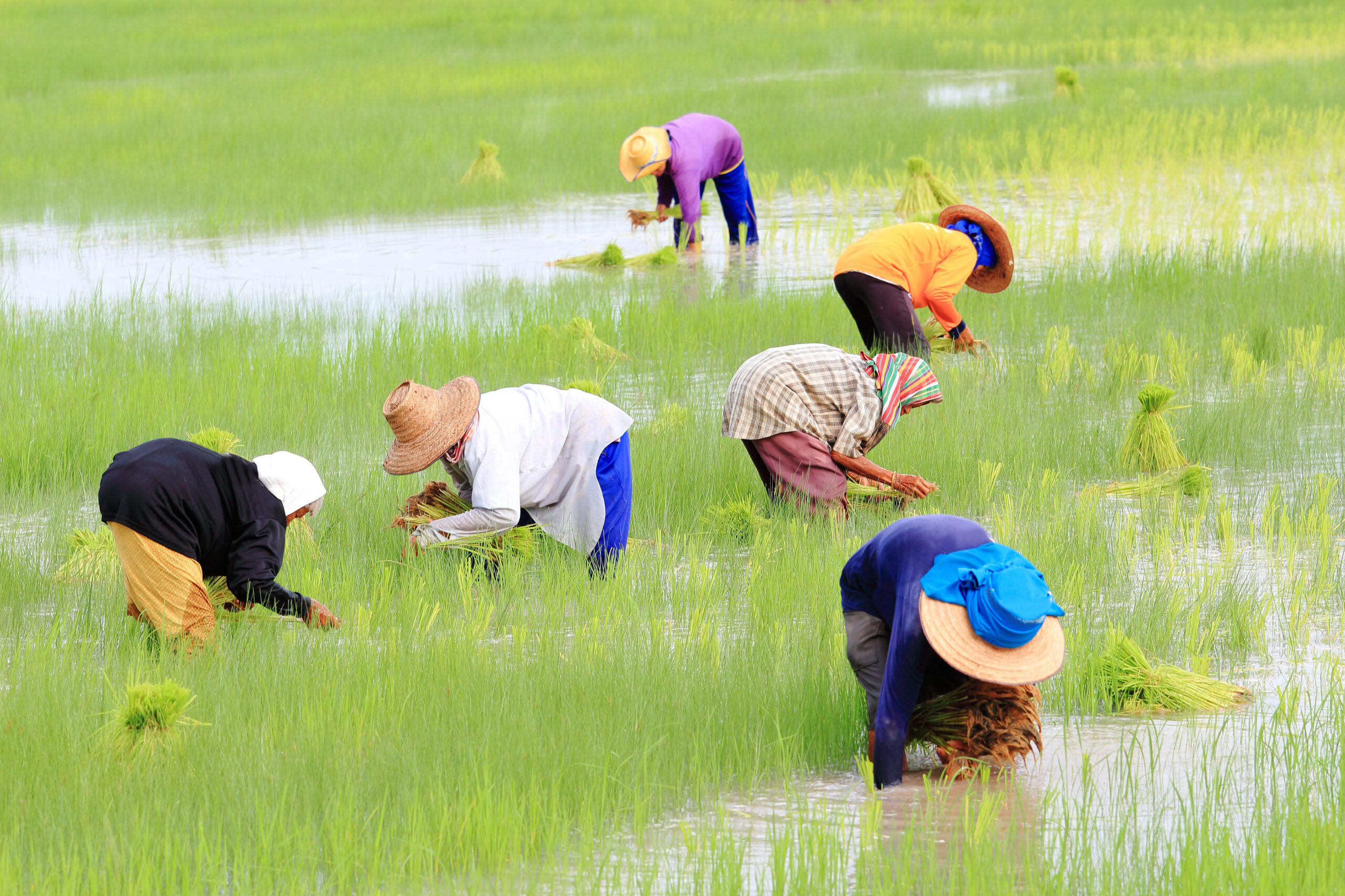With all the discussion of free trade, tariffs, and non-tariff barriers, I decided to pick up and quickly skim a short, delightful book by trade economist Jagdish Bhagwati. It’s his 1988 book, titled simply Protectionism. I wrote a short review of the book in the June 5, 1989 issue of Fortune.
One of the issues, then and now, is American companies’ objection to what they see as “dumping.”
Here’s a key paragraph of my review:
American companies often claim that foreign competitors are unfairly subsidized by their governments, and they petition the U.S. government to impose countervailing duties and antidumping measures on foreign suppliers. Bhagwati sees such measures as mainly harassment to discourage competition from foreigners. For example, he says, U.S. rice producers got a countervailing duty imposed on rice from Thailand by establishing that the Thai government was subsidizing rice exports by less than 1%–and ignoring the fact that Thailand also slapped a 5% tax on rice exports. We usually think a foreign firm is dumping when it sells at a lower price in our market than in its own. But the U.S. government took an antidumping measure against Poland’s exports of golf carts even though no golf carts were sold in Poland.
I didn’t have space to cover his humorous discussion of an argument by Stephen Cohen and John Zysman, in their 1987 book, which made a splash at the time, Manufacturing Matters. I have space here. Cohen and Zysman wrote, and Bhagwati quotes:
There are…other kinds of linkages in the economy, such as those which tie the crop duster to the cotton fields, the ketchup maker to the tomato patch, the wine press to the vineyards (to return to our focus on agriculture). Here the linkages are tight and quite concrete…the linkage is a bind, not a junction or substitution point. Offshore the tomato farm and you close or offshore the ketchup plant. No two ways about it.
Responds Bhagwati:
Now, as I read the profound assertion about the tomato farm and the ketchup plant, I was eating my favorite Crabtree & Evelyn vintage marmalade. It surely had not occurred to me that England grew its own oranges.
(Bhagwati, by the way, wrote the article “Protectionism” for David R. Henderson, ed. The Concise Encyclopedia of Economics.)


READER COMMENTS
Qudley
Aug 8 2025 at 2:01pm
I understand that tariffs and industrial policy are very inefficient and cause deadweight losses. China has built a manufacturing capability that seems far more capable than our own. “You can’t fight your factory.” What should we do about this?
Jon Murphy
Aug 9 2025 at 9:22pm
Is it? By what metric?
Matthias
Aug 9 2025 at 11:04pm
Why does anything need to be done about it? (And it seems like you imply that the action to be taken is to be taken by the government?)
The US has surfing spots much better than our own in Switzerland. What should be done about it? Perhaps a tariff on American surfers?
David Henderson
Aug 10 2025 at 12:21pm
I didn’t answer at first because I didn’t know what you were referring to. But Jon Murphy has asked the relevant question: how are you judging China’s manufacturing capability to be “far more capable than our own?”
Manfred
Aug 11 2025 at 5:41pm
Jon Murphy is right, and asked the right question. I would just add – at what cost, or more precisely, at what opportunity cost? China’s allocation of resources is force-fed, not market driven, and that is not sustainable in the long run.
Mactoul
Aug 12 2025 at 1:30am
How long is this long-run going to be? I have been reading about imminent collapse of Chinese economy for decades.
Jon Murphy
Aug 12 2025 at 6:53am
This conversation is about manufacturing, so I don’t want to get too far afield, but we’re seeing the Chinese economy weaken. Has been so over the past 20 years or so: significantly slower growth, new firm creation has cratered, etc.
Alan Goldhammer
Aug 11 2025 at 7:37am
David, thanks for this post. One book that discusses a very tiny aspect of this is “Factory Man” by Beth Macy. She writes about how the furniture industry of North Carolina and Virginia was hollowed out by Chinese competition. It centers on the Bassett Furniture company’s off shoring all production overseas. Renegade family member John Bassett III fought a long fight against design piracy and while he ultimately won that battle, he lost the war. It’s a useful book to read.
Comments are closed.